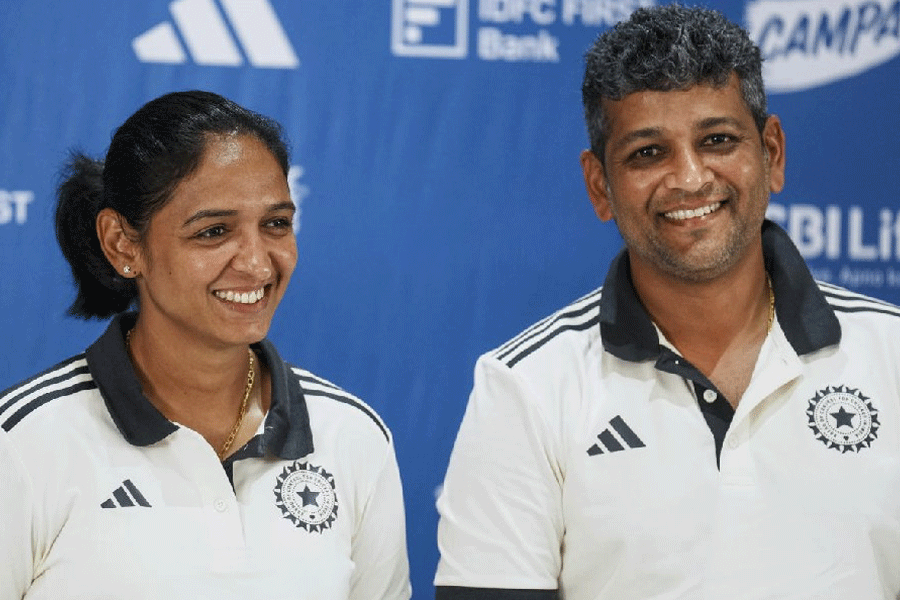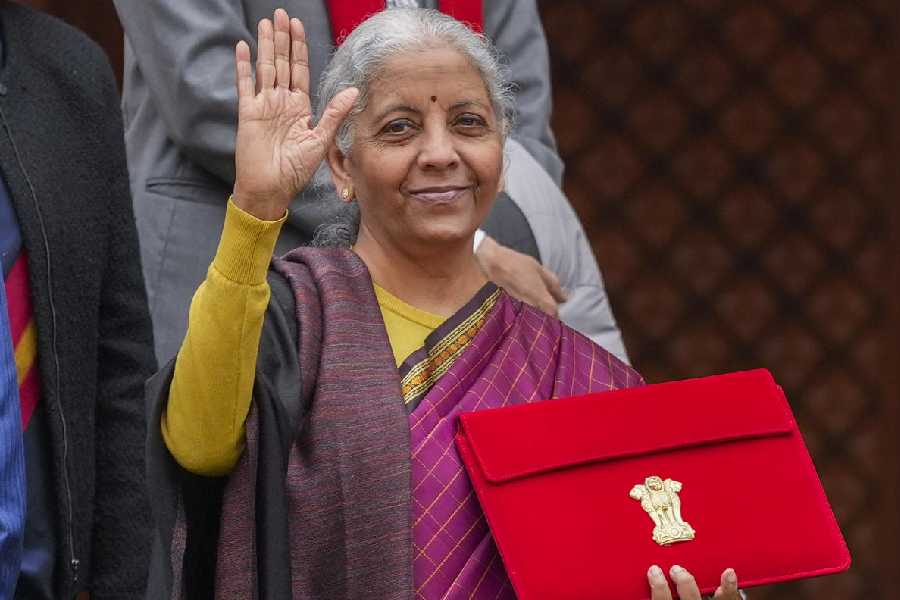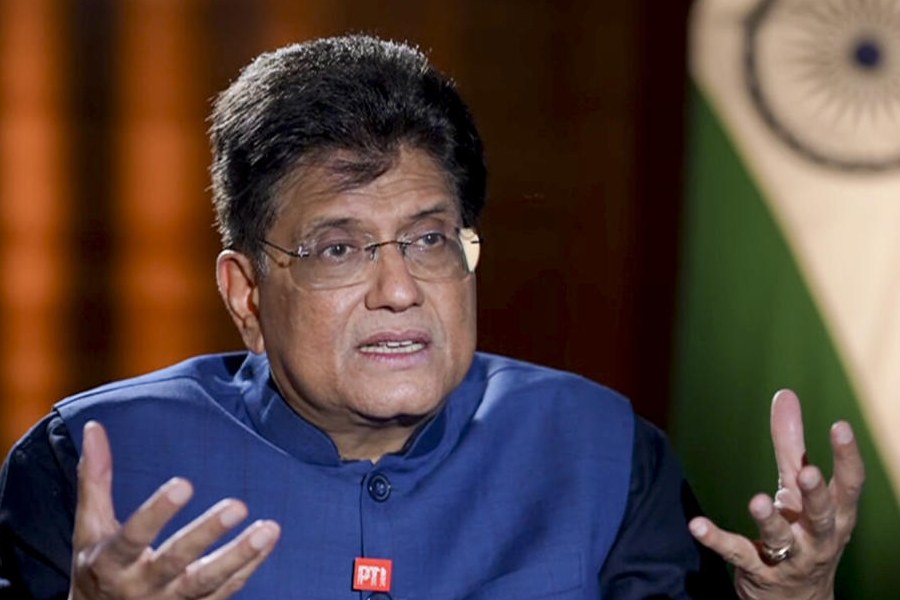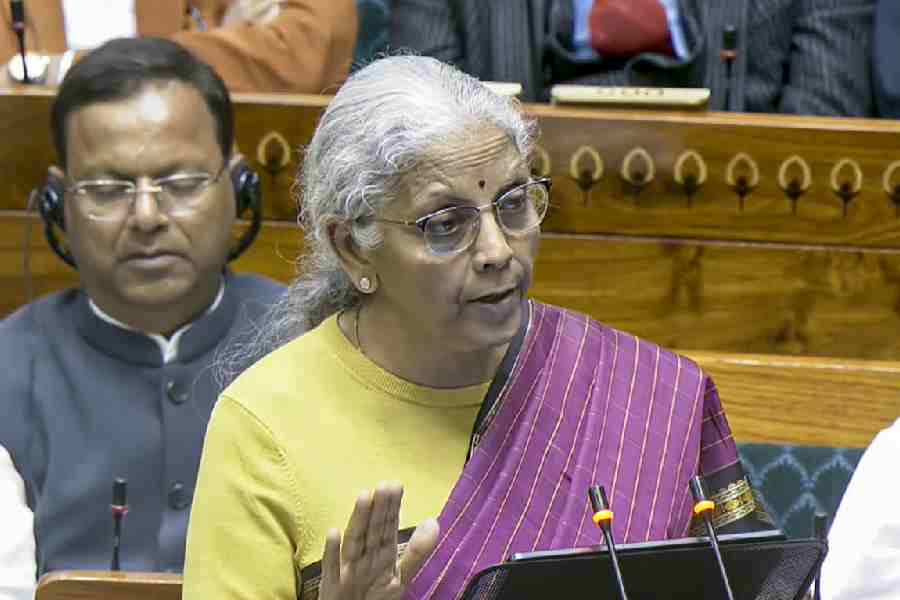The cameras cut to Harmanpreet Kaur and Amol Muzumdar standing side by side under the floodlights of Navi Mumbai’s DY Patil Stadium, the air thick with disbelief and joy. India had just chased down the highest successful chase in women’s ODI history to reach their third World Cup final. The captain was still catching her breath when she was asked what changed after the team’s early stumbles in the tournament.
“I didn’t speak a word after that England match,” Harmanpreet smiled. “Sir did. He said, yelling, ‘You should’ve finished the match.’ We all took it in the right spirit because whatever he says, he says from the heart. That talk changed everything.”
Next to her, Amol Muzumdar, calm and slightly bashful, nodded. “It came from emotion,” he said. “But it was meant to push the team forward.”
That one exchange told you everything about the man who, like Shah Rukh Khan’s Kabir Khan in Chak De! India turned personal rejection into collective redemption.
The boy who never got to bat
Amol Muzumdar’s story has always begun with a wait.
He was 13, padded up at the nets, waiting to bat as Sachin Tendulkar and Vinod Kambli carved out their legendary 664-run partnership in the 1988 Harris Shield. The day ended, the innings declared, and Muzumdar never got to face a ball.
It was a small moment that became the metaphor of his life: An eternal wait.
In 1993, he began his first-class career for Bombay with a record-shattering 260 on debut. It was the highest by anyone on first-class debut in the world at the time.
He was hailed as “the next Tendulkar”. Yet, through two decades, 11,167 first-class runs, 30 centuries, and 171 matches, he never played a single game for India.
He was a domestic giant who lived in the shadows of a golden generation of Tendulkar, Dravid, Ganguly, Laxman.
In another era, he might have been a mainstay. In his, he became a footnote.
In 2002, after a decade of waiting, Muzumdar nearly quit. The phone never rang; the selectors never called.
“I went into a shell,” he admitted later. “I didn’t know where my next run would come from.”
It was his father, Anil Muzumdar, who stopped him. “He told me to keep going, that I still had cricket left in me,” Muzumdar recalled. That conversation changed everything.
By 2006, he was leading Mumbai to Ranji Trophy glory. The turnaround season saw him guide a faltering team to the title and introduce a teenager named Rohit Sharma to first-class cricket.
When he retired in 2014, Tendulkar called him “a true servant of the game.”
But Muzumdar still hadn’t found closure. “The only thing I never did was play for India,” he once said. “That’s the one empty space.”
The coach India didn’t expect, but needed
After retirement, Muzumdar’s second act was quieter but no less determined.
He coached the Netherlands, then South Africa, then Rajasthan Royals in the IPL. He became known for his methodical, patient approach. He started being perceived as the kind of coach who spoke less but observed more.
When he was appointed head coach of the Indian women’s team in October 2023, the appointment raised eyebrows. He had never played for India, and his name barely carried media glamour.
Two years later, nobody’s laughing.
They started with a rocky group stage in the 2025 Women’s World Cup. Losses to England, South Africa, and Australia only added more memes on social media.
Muzumdar gave his team a rare public dressing down. But instead of breaking them, it bound them. “Sometimes it’s not failure,” he said. “It’s a hiccup that teaches you more.”
Before the semifinal against Australia, he wrote a single line on the dressing room whiteboard: “We just need one more run than them to reach the final.” The message was simple, the belief profound.
What followed was history. Jemimah Rodrigues, promoted to No. 3 on Muzumdar’s insistence, crafted an unbeaten 127 off 134 balls. It was a masterclass in composure. Harmanpreet’s 89 gave India the backbone, and together they chased 339 against the seven-time champions.
As the winning runs came, the dugout erupted. Muzumdar stood still for a moment — arms folded, eyes glistening. It wasn’t a victory lap for him. Rather it was his closure.
The man who never got to wear the India cap had just taken India to the World Cup final.
The real-life Kabir Khan
The parallels write themselves. Like Kabir Khan, Muzumdar carried scars of being overlooked and misunderstood. Like Kabir, he took a team often criticised for inconsistency and gave it clarity, direction, and belief.
But unlike fiction, Muzumdar’s story doesn’t need a scriptwriter. His lessons come from life itself, It came from years of waiting, quiet defiance, and the empathy of someone who knows what it’s like to feel forgotten.
“He’s the most approachable coach we’ve had,” said all-rounder Sneh Rana. “He never yells. He just listens. And when he speaks, you want to do better.”
Whether India lifts the trophy or not, Muzumdar has already rewritten his own ending. The boy who waited in pads for a chance that never came has now become the man who gave others the courage to seize theirs.
If India win on 2nd November, the story will be complete: the perfect Chak De! moment. If they don’t, Muzumdar will know that the journey itself was redemption enough.
Because sometimes, the game doesn’t remember those who played it, but those who changed it. And Amol Muzumdar, the man who waited all his life to bat, finally found his innings.











